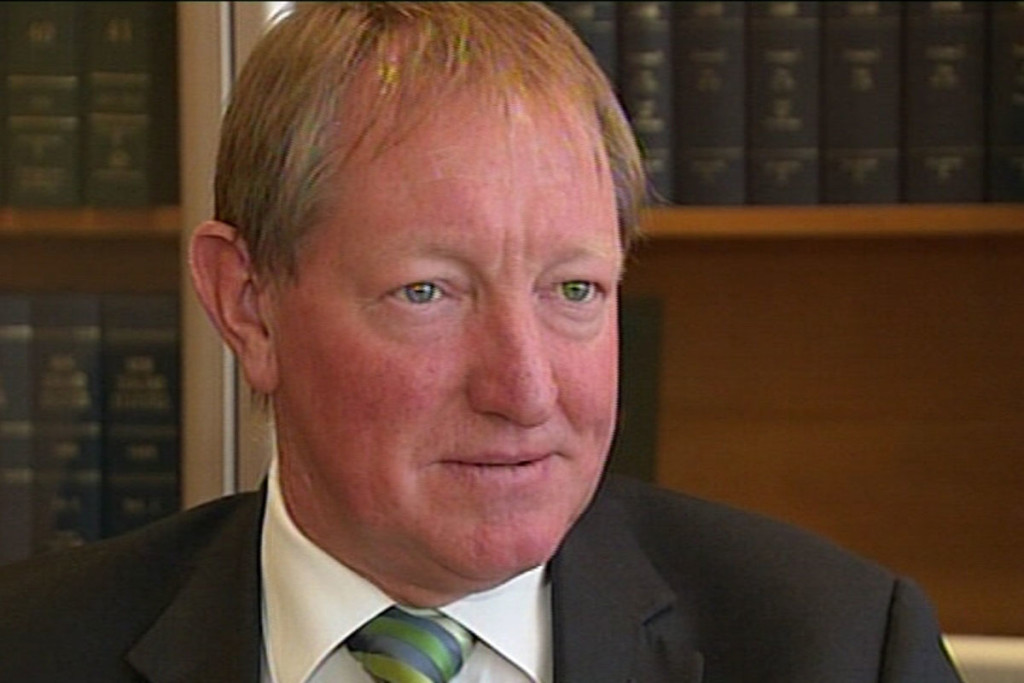A quick analysis of the Property Tax Measures to be introduced in October suggests these will do little to curb the Auckland housing bubble. The Government and their cronies have used a newfound intolerance of xenophobia to distract us from the fact that they are doing nothing to soften the demand side of the equation, while trying to convince us supply is the only thing that needs to be addressed.
If there is one thing I have learned in over 12 years of business analysis, it’s that if something isn’t explicitly stated as an objective, it is unlikely to be achieved. A very clear outline of the solution and the expected result needs to be coupled with a detailed plan of how achievement of the objective will be measured, and what will happen when it isn’t. $29 million has been given to this change. Policy details will be fleshed out in parliament at the end of July.
The Fact Sheet outlining the measures states that their purpose is to ensure existing tax laws on property gains can be enforced across the board. “In turn, this is expected to take some heat out of Auckland’s housing market.”
So an intention is there, but it is ambiguous, and reads as a by-line, not the main prize. Dr. Nick Smith is dreaming (or grossly incompetent) if he thinks these changes will do anything to address Auckland property prices. Certainly tax mechanisms can make a dent in the demand side of a market. But what’s concerning is that this is a one trick pony – it’s the only tangible policy outside of social housing reforms being offered to address this very real problem. That’s tangible, not realistic.
The capital gains tax rules this policy seeks to bolster will apply to properties sold within 2 years of purchase (excluding the primary residence of a seller). Surely this could see less houses on the market (fuelling a decrease in supply) while owners wait for the taxed period of 2 years to pass? To add even more ambiguity to the equation, various tax consultancy firms have been critical of the measures saying they are riddled with loopholes that anyone can work around. I thought loopholes were what these this change was trying to address?
Treasury papers revealed that the measures were strung together in just a couple of weeks before Budget 2014. This is real ‘back of a smokes packet’ policy making. Dr Smith insists foreign buyers are not having a significant effect on housing prices. But how can we know this if even our tax framework will do little to identify who is a citizen or permanent resident here, and who isn’t? How can we put effective policy in place without the data to back up the options and effectiveness of what we can do?
We are entering into a time of serfs and lords once again. It’s gone beyond a dream of ever owning your own home. This is impacting long term housing security for thousands of people. I would love to move out of Auckland and settle elsewhere. I would move in a flash if my whanau wasn’t here, and regional development was part of the plan for this ‘brighter future’ the government keeps telling me is coming.
For now, its empty promises and smoke in mirrors until this government shows some expertise in the detailed policy planning and development any decent government should be held to account to be doing.
In March2015, the average Auckland house price was $764,000. Wonder what it will be in March 2016?

